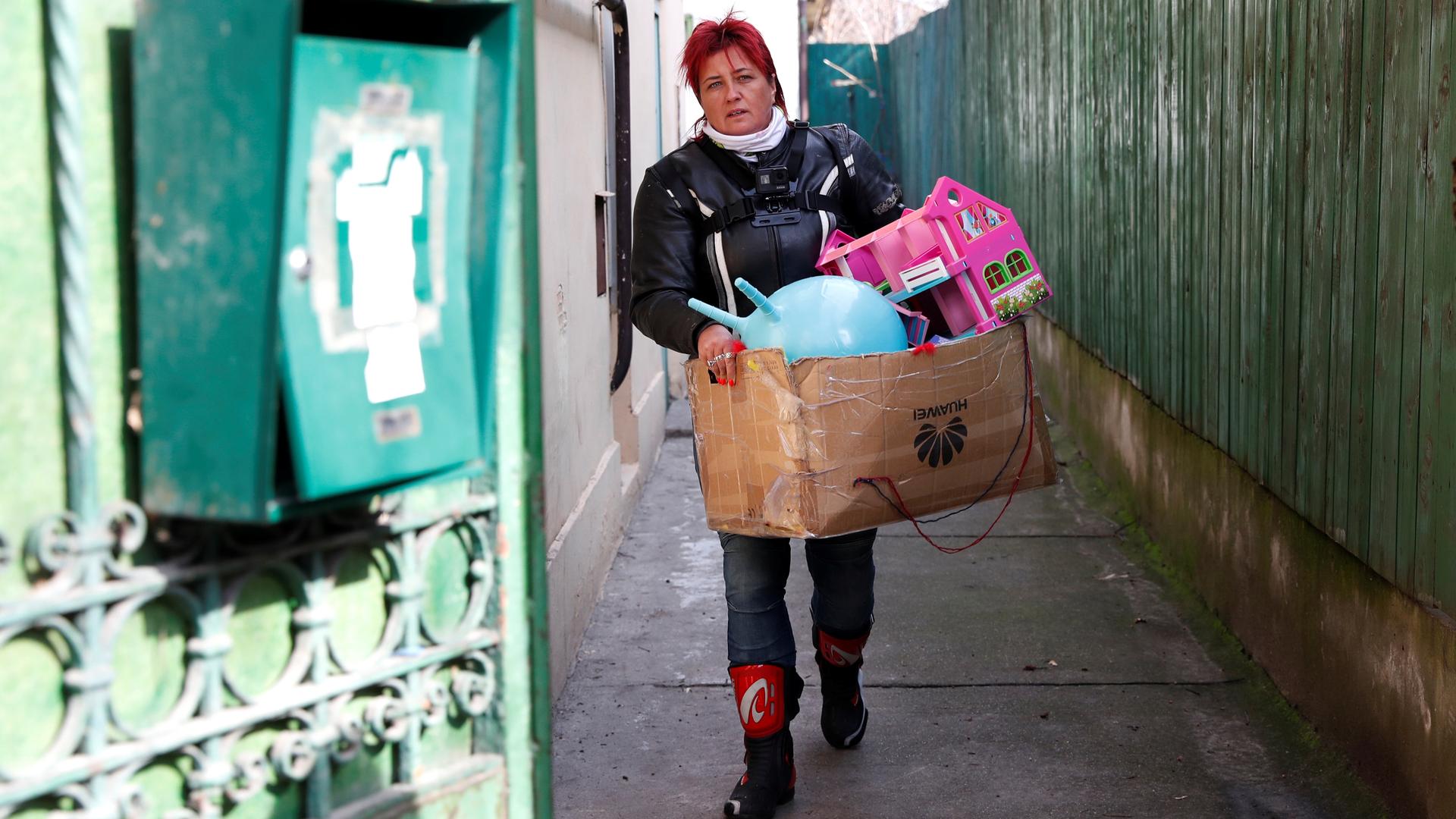Quarantining measures have led to a spike in domestic violence in several countries.
Amid the soon global Covid-19 quarantine, social issues around the world are coming into the public forum. We have witnessed emergency powers sweep through states across the globe mandating curfews and quarantines to offset the anticipated healthcare system strain.
While under different circumstances individuals and the collective would be opposed to a violation of all personal freedoms, but under the threat of a pandemic, the general majority are compliant. But as is expected this comes with severe unintended consequences.
Police fixate on identifying a breach of quarantine measures and are allocating few resources for those whose homes are not safe enough to be quarantined in – where women and children are trapped at home with their abusers.
What is wrenching in writing about domestic violence worldwide, is that those who study abusers’ patterns are well aware of the dangers that can and will unfold during times of crises.
In Australia, for example, activists and social workers were seriously concerned at the potential rise in domestic violence during this epidemic, as a result of observing what happened during the bushfires where many could not leave home due to air pollution. They, however, can only ever bring attention to the issue after the fact. In this vein, reports from around the globe are emerging citing a striking, yet unsurprising, spike in violence in the home.
In Jianli County in China’s Hunan province, in February when the lockdown was decreed, the police cited 162 incidents of domestic violence versus 47 in January. However, despite the rise, little is being done to stop this – and this is true for most countries.
While, yes, states will publically cite the importance of putting a stop to domestic violence, anecdotal evidence from women in different places shows suffering with little, if any, help during this health epidemic.
Two main ideas we must consider here are attitudes towards domestic violence in general circumstances as well as the fear of filling prison cells and perpetuating the spread of coronavirus – with many places emptying their cells of low-risk prisoners.
For example, from China, reports that a woman called police after receiving verbal abuse and death threats from her husband was advised to drop the case because her abuser was a reputable businessman and the police officer worried this would ruin him.
A high-profile case in Jordan that is in the course of unfolding has suggested a similar indifference from some Jordanian authorities.
Last Saturday, Jordanian national Eman AlKhateeb put out a live video calling out her brother and her mother for inflicting psychological and physical abuse in addition to extorting her. The divorced mother of a 13-year-old boy sat in her friend’s pyjamas and pleaded to the Royal family to support abused women during this time. She said she reported it to the police and attempted to go to a shelter for women and was threatened with detention.
Just yesterday, women’s activists, as well as the government shelter, have reached out to support her. Government bodies denied claims that they had initially turned her away. Importantly, she and her child are now safe, at least, for the next 14 days. If her allegations are true, it took a viral video to receive the help she desperately needed.
Speaking to this culture, a widely shared, and later criticised ‘joke’ was being passed around on social media platforms in Jordan at the same time reading: “We’re under quarantine, courts are closed.. if ever there was a time to give your wife a good slap it’s now. No family to rescue her, no hospital to accept her, no state to protect her [laughing faces]…”
In Europe, the situation is just as grim. Italy reports that rather than phoning helplines – women are resorting to hiding in rooms and bathrooms and sending out text messages and emails in fear of being overheard.
In Valencia, Spain, a woman was killed by her husband in front of their two young children. Though the man admitted to her murder, the statements are that the police are investigating if it is a sexist crime.
In France, since the strict lockdown began on March 17, reports of domestic abuse have increased 30 percent. In the Paris region alone, it has spiked 36 percent. While most countries are boosting their online support platforms for women and children in violent homes, the rise of abuse is still painfully present. It has got to the point in France where the country has offered to pay for hotel rooms for victims of abuse.
Ironically, it is in a situation such as a global pandemic that we, as citizens, observe the real power of the state systems.
In China, people have been fined for not wearing masks, in Spain and France, you can be fined if found to be outside without an auto-authorisation form. In the first day, 8,000 people were fined in Paris alone anywhere from 35 to 3750 euros ($38-$4124). The revenue generated from these, often questionable fines, are allocated by the government accordingly.
I write this to highlight the capacity that the state indeed possesses to mitigate citizen suffering – if they are instructed to take action. Also, to imagine the capital generated from ‘flattening the curve’ and its allocation.
Industries are being bailed out by the billions, women, it seems, only one at a time. The state must flatten the domestic violence curve too with all its power. Women are at risk of death two-fold, everywhere: one by the potentially fatal virus and one by a potentially fatal partner.
Author: Nadine Sayegh
Nadine Sayegh is a multidisciplinary writer and researcher covering the Arab world. She has covered topics including gender in the region, countering violent extremism, the Occupied Palestinian Territories, amongst other social and political issues.
Source










Discussion about this post